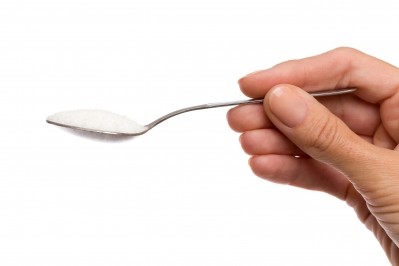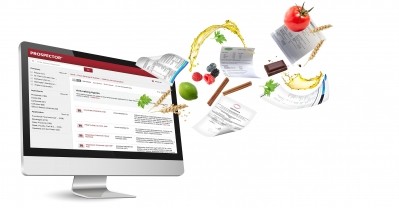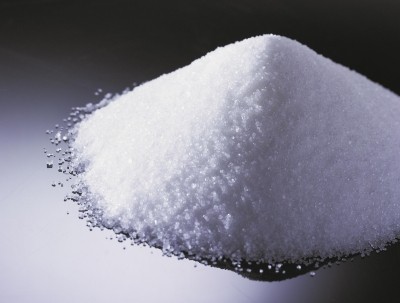Food producers 'cheating' over non-sugar pledges

High glycaemic index (GI) ingredients break down quickly in the body and cause a rapid increase in blood sugar, or glucose, which can be harmful, said Beneo marketing director Thomas Schmidt.
“There are lot of carbohydrates out there that do not label as sugar, but in fact they are even more glycaemic than sugar,” Schmidt told FoodManufacture.co.uk at last month's Food Ingredients Europe (FiE) exhibition in Paris.
“We believe some industry players are not fair to the consumer because they may make a 'no sugar' claim, but in fact they are putting ingredients in that are more glycaemic. That's what I call cheating.”
Maltodextrin use
As an example, Schmidt highlighted the widespread use of food additive maltodextrin, which is often used in sports drinks because athletes want to refuel on glucose.
“It's a beautiful ingredient. It's easy to use and not very expensive,” he said. “But at the end of the day, it is doing a lot of harm to people because it is so high glycaemic.”
High GI diets have been linked to diabetes and obesity, but NHS Choices notes that foods with a high GI, such as parsnips, are not necessarily unhealthy.
Recent consumer research from Beneo showed that people are starting to tell the difference between good and bad carbohydrates.
Carb intake
“Consumers are slowly but surely accepting the fact that they need to differentiate in their carbohydrate intake just like they learnt to differentiate in their fat consumption,” Schmidt said.
“I think it really creates a lot of opportunities for the industry, and the industry can adapt to this changing consumer perception about carbs and sugars.”















